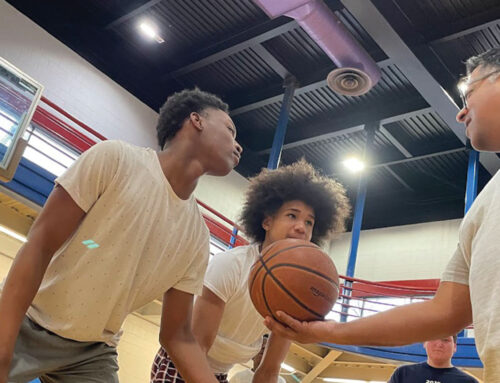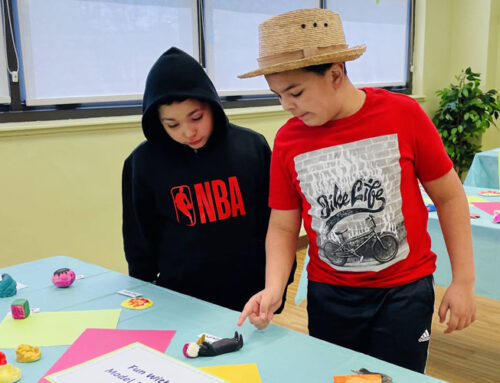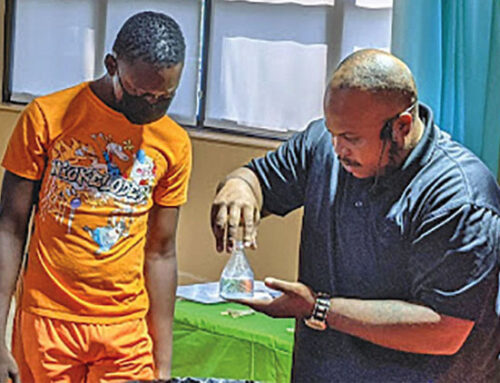
Dr. Anthony Hadzimichalis
By Dr. Anthony Hadzimichalis, Executive Director
When we first closed our doors in March 2020, no one could have imagined that schools would remain shuttered for a year. We could not have imagined a world of face masks, hand sanitizer, six-foot distancing, and plexiglass dividers. We could not have imagined the loss, the grief, or the isolation.
But here we are, and as Spring 2021 begins to bloom around us, there is renewed hope in the air. As our newsletter goes to press, nearly four million doses of vaccines have been given in New Jersey, with K–12 educators lined up and ready.
On March 16, we carefully reopened our doors to students for hybrid learning, after nearly a year of planning safety protocols and watching for guidance from state, federal, and local health experts.
But “reopening” is not the end of the story. It is only a small part of the recovery and reorientation to the new “new normal.” For students, teachers, and families alike, the full impact of long-term effects of the largest educational disruption in history will not be easy to assess. Research shows that depression, anxiety, and sleep distress are up 23–47 percent. Students report difficulty with concentration, irritability, loneliness, and worry. And three out of four parents surveyed said the same things.
The social and emotional health of ALL students, families, and educators needs to be at the forefront of our conversations about school reopening. We must plan for—and expect—that school communities will need time and support to resume meaningful learning together. We must plan to increase and expand the options for mental health and social-emotional learning in our schools.
Westbridge Academy has been doing this work since 1973. Our reopening plan is about more than masking tape prompts taped to the floor and sanitizing stations. It is about fully supporting the social, emotional, physical, and mental health needs of our students, as we ease them back into a setting and structure they so desperately need.






